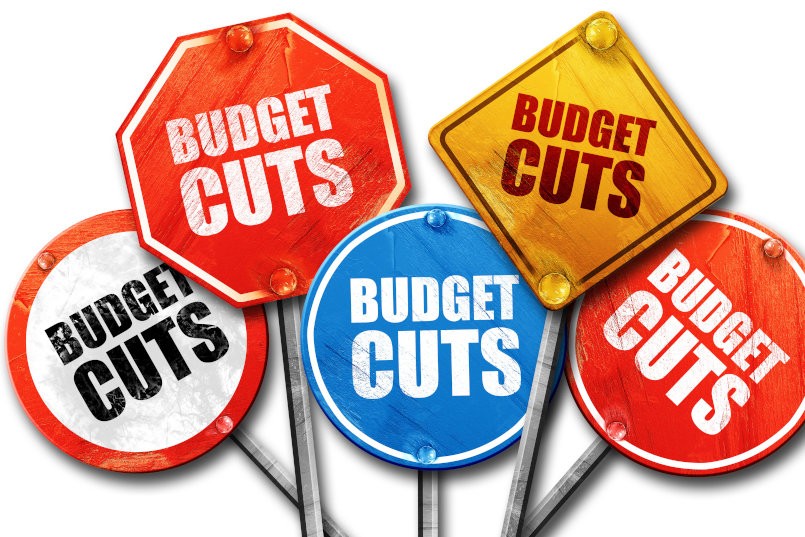2012 was frustrating on a number of occasions when it came to negotiating agency remuneration. The most popular project we provide is our Agency Remuneration Assessment. This can be for any number of different agencies, from media to SEO, creative to public relations, digital to sales promotion.
The process is to collect historical data on the relationship, perhaps the past 6 months and up to 2 or 3 years. This data is the work delivered, the resources used and the fees paid. From this we can assess and advise on the following, with incredible accuracy:
- Do you have the right level and mix of resources on your business?
- Are you paying the right fee for these resources?
- Are the underlying fundamentals of the remuneration correct?
- Does the current remuneration model correctly incentivise the agency performance?
The frustration came post delivery of the report when we discuss the next step which is the negotiation. Most of the marketers feel they are capable of undertaking the negotiation and so are hesitant to engage us further.
The problem is that often the negotiation becomes protracted, derailed and largely futile.
Why?
Because in cases where we have been called back in we have found that the advertiser did not enter into a negotiation, but simply a conversation based on our report.
In one case, my weekly check-in to see how the negotiations were progressing became particularly painful as week after week rolled by with no progress.
After 3 months the client finally confessed that he was getting nowhere but felt too embarrassed to ask for help as he felt this is something that a marketing professional should be able to do themselves.
So where do these negotiations go wrong?
1. There is no negotiation plan
Marketers appear to be very good at planning communications campaigns and very poor at planning negotiations. A good negotiation plan lists all of the points for negotiation including the Current State, the Desired State and the Walk Away Point (that is the point where you could not accept the outcome). It should also include a timeline, including a real deadline) and nominate all of the relevant people to be involved in the negotiation.
The importance of the negotiation plan, like any plan, is to keep the process focused and on-time so as to minimise the number of hours required to maximise the outcome.
2. There is not enough time allocated
Marketers are incredibly busy (isn’t everyone these days?) and negotiating the agency contract or remuneration is usually not high on their priority list. Therefore when other more pressing matters arise, as they do on a daily basis, the negotiation is delayed, postponed, loses momentum and ultimately fails.
Agencies will often take advantage of this fact, by raising issues irrelevant to the negotiation, but which they know has greater import for the marketer, simply to distract them from the negotiation discussion, hoping that the negotiation will be forgotten and simply go away.
The best way to ensure this does not happen is to make sure you follow the negotiation plan and that for each negotiation meeting there is a clear agenda of points to be discussed which are circulated prior to the meeting, and that the relevant stakeholders are present for this discussion.
3. Often emotions overtake outcomes
The first two points are quite pragmatic. This one is much more challenging, as many marketers and agency people have high EQ and are sensitive to the emotional agenda often underlying these negotiations.
Sometimes these can be blatant, like the agency who had three people who were working on the account come into the meeting to inform the marketer that if they accepted the terms proposed these people would be fired. Other times it is much more subtle, especially when the creative agency talks about the compromise to the ‘creative quality’.
There are a number of ways to manage this. The first is ensuring that the conversations stay on the agenda set in the negotiation plan. If the agency raises other points then these are included in other business to be discussed at the end of the meeting.
Using this discipline you ensure the discussion is not highjacked and you stay focused on delivering agreement on the points being negotiated. When you get to those points raised by the agency, the onus is on the agency to provide fact based evidence of the outcome or propose ways this can be monitored and managed within the agreement of the negotiation.
Ultimately, the way around this strategy is to get a third party involved, such as procurement or a consultant, and allow them to negotiate as your agent. The only criteria here is that you agree the negotiation strategy with them and do not allow the agency to undermine this strategy by going directly to you during this process.
Of course there is much more to negotiation strategy, but in my experience, this is often where the negotiations between agency and marketer go wrong.
What is your experience here?





2 thoughts on “How to effectively negotiate remuneration with your agencies”
I like that you touch on the emotional aspects too Darren.
I’d like to think that value was factored in when clients negotiate directly and not just be about cost. I feel that there is sometimes a lack of depth to the understanding around the value of one creative provider over another and where expertise is of value. Some clients worry a third party adds to the cost but I know for myself that expertise in buying and negotiating can reduce costs without compromising quality and without all the suppliers in the chain being screwed in the process too.
Hi Anne, all the text books on negotiations talk about achieving a WIN / WIN outcome. I think that in the case of advertising agencies this should be a short, medium and long term focus. It surprises me the number of agencies happy to drive the cost factor lower to win the business in the short term, which they see as a WIN, only to complain in the medium to long term as the discounting they drove to win the business of course proves to be unsustainable. This is where believe independent consultants. not inentivised by savings, can ensure there is a longer term sustainable outcome delivered. The problem seems to be both the procurement department and the agency are happy to achieve a short term cost saving at the epxense of the marketers longer term requirements.
Comments are closed.